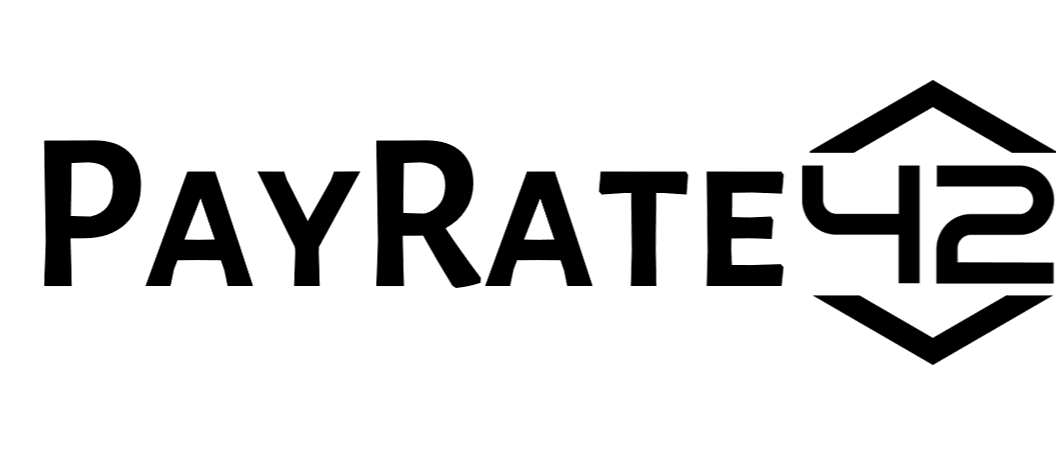FSTB
Hong Kong Financial Services and the Treasury Bureau (FSTB)
The Financial Services and the Treasury Bureau (FSTB) of Hong Kong oversees the regulation and development of the financial services sector in Hong Kong. Though sometimes referred to as FSC, the primary financial regulators in Hong Kong are the Securities and Futures Commission (SFC) and the Hong Kong Monetary Authority (HKMA). Together, these regulatory bodies ensure that Hong Kong’s financial markets operate with stability, transparency, and international standards.
The FSTB itself is responsible for setting policies and fostering a regulatory environment that supports innovation, transparency, and financial stability. The SFC, which operates under the FSTB’s jurisdiction, regulates securities and futures markets, while the HKMA regulates banking and monetary policy.
Key Features
- Multi-Regulatory Framework: Hong Kong’s financial system is regulated by several authorities, including the SFC (securities), HKMA (banking), and the Insurance Authority (insurance). The FSTB coordinates these regulators to ensure the financial system is robust and compliant with both local and international standards.
- Consumer and Investor Protection: One of the central roles of Hong Kong’s financial regulatory bodies is to ensure that investors and consumers are protected from fraud, malpractice, and systemic risks. This includes overseeing corporate governance, fair trading practices, and disclosures by financial institutions.
- Fintech and Innovation Support: Hong Kong is recognized as a global financial hub and increasingly as a fintech leader. The FSTB and SFC have established frameworks that allow for innovation while ensuring that fintech companies adhere to strict financial regulations.
Regulatory Activities
The FSTB, in coordination with the SFC and HKMA, provides comprehensive oversight of the financial services sector, ensuring compliance with Hong Kong’s robust regulatory framework.
- Licensing: The SFC licenses financial institutions, including brokers, fund managers, and fintech companies, to operate in Hong Kong’s securities and futures markets. The HKMA licenses banks and payment service providers, while the Insurance Authority licenses insurance providers.
- Supervision: Hong Kong’s regulators actively monitor licensed financial institutions for compliance with regulations, including capital requirements, governance standards, and risk management practices. The SFC oversees securities firms, while the HKMA supervises banking institutions.
- Enforcement: The SFC has the authority to take enforcement actions against entities that violate financial regulations, including issuing fines, revoking licenses, and taking legal action. The HKMA similarly enforces regulations for banks and financial institutions, particularly in areas of capital adequacy, liquidity, and risk management.
- Cross-Border Collaboration: As a global financial hub, Hong Kong’s regulators, including the FSTB and SFC, collaborate with international organizations like the International Organization of Securities Commissions (IOSCO) and the Financial Action Task Force (FATF) to maintain international regulatory standards.
Recent Regulatory Focus
Hong Kong’s financial regulators have been focused on areas such as fintech, cryptocurrency regulation, sustainable finance, and tightening regulations for anti-money laundering and counter-terrorism financing (AML/CTF).
- Cryptocurrency Regulation: The SFC has been actively involved in creating a regulatory framework for digital assets and cryptocurrencies. In November 2020, it introduced licensing requirements for cryptocurrency trading platforms, ensuring that these platforms operate in a regulated and transparent manner.
- Sustainable Finance (ESG): With global trends pushing for greater accountability in environmental, social, and governance (ESG) investments, Hong Kong’s regulators have implemented guidelines to ensure that companies and financial institutions disclose ESG risks and integrate sustainable practices into their business operations.
- Fintech Sandbox: The HKMA and SFC have established a regulatory sandbox to encourage fintech innovation. This allows fintech companies to test their products in a controlled regulatory environment while maintaining oversight.
Compliance Rating Conclusion
The Financial Services and the Treasury Bureau (FSTB), in conjunction with the Securities and Futures Commission (SFC) and the Hong Kong Monetary Authority (HKMA), provides world-class regulation for Hong Kong’s financial services sector. Hong Kong’s regulatory bodies are known for their rigorous enforcement of financial standards and their proactive approach to market innovation, especially in fintech and digital assets.
Reputation: Hong Kong’s financial regulators have a strong reputation globally for maintaining a stable, transparent, and well-regulated financial system. The SFC, HKMA, and FSTB are respected for their ability to balance innovation with regulatory oversight, particularly in areas like fintech, cryptocurrency, and sustainable finance.
Regulatory Effectiveness: The regulators’ effectiveness lies in their ability to create and enforce regulations that align with international standards while fostering financial innovation. Hong Kong remains a top financial center due to its strong regulatory framework, investor protection policies, and focus on market transparency.
Rating: Green Compliance – Hong Kong’s regulatory framework is robust and effective, ensuring that the financial system is stable and secure. The regulators’ focus on fintech and innovation further enhances their global standing.
Recommendation
Hong Kong’s financial regulatory environment is ideal for firms operating in banking, securities, fintech, and insurance. Its clear and well-enforced regulations provide a secure and transparent environment for financial institutions and investors. Firms looking to operate in Hong Kong’s fintech or cryptocurrency sectors will benefit from the country’s forward-thinking regulatory approach, but they must comply strictly with AML/CTF and other regulations to avoid enforcement actions.


